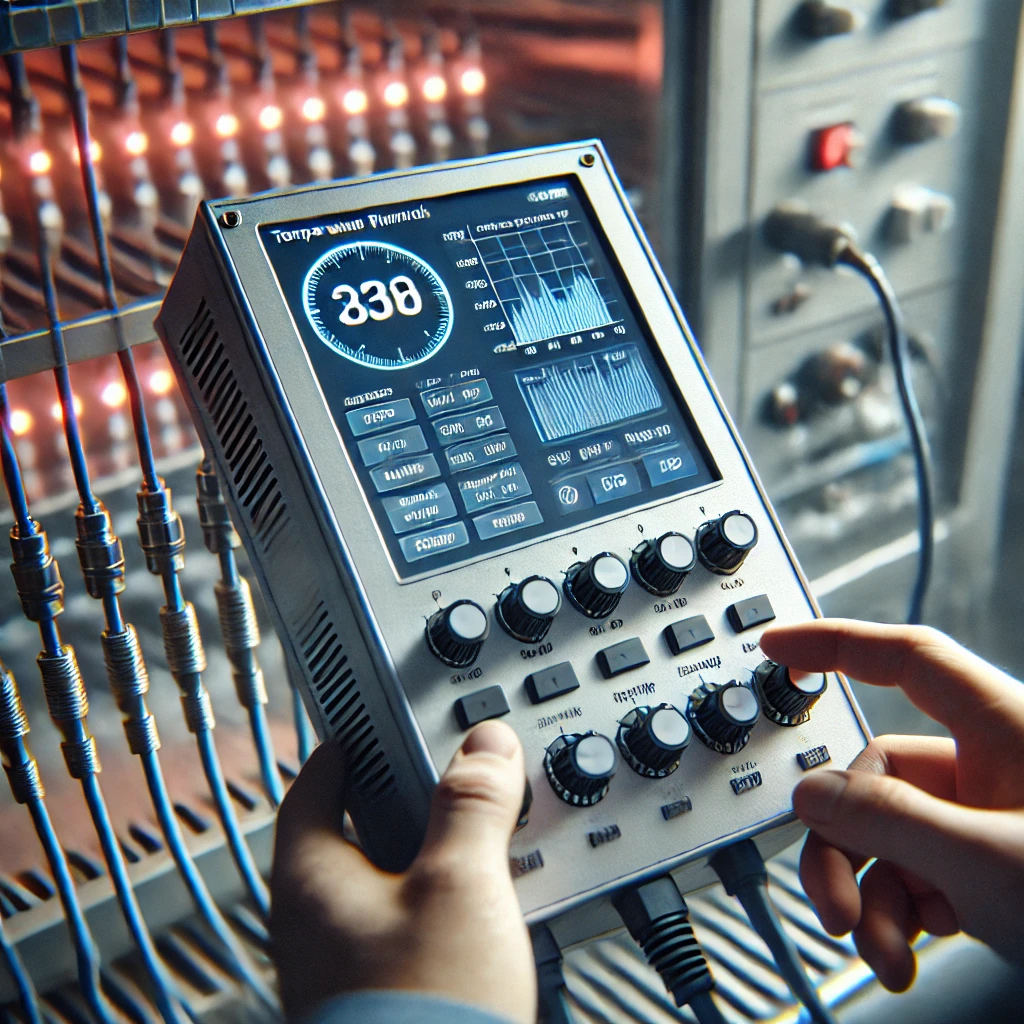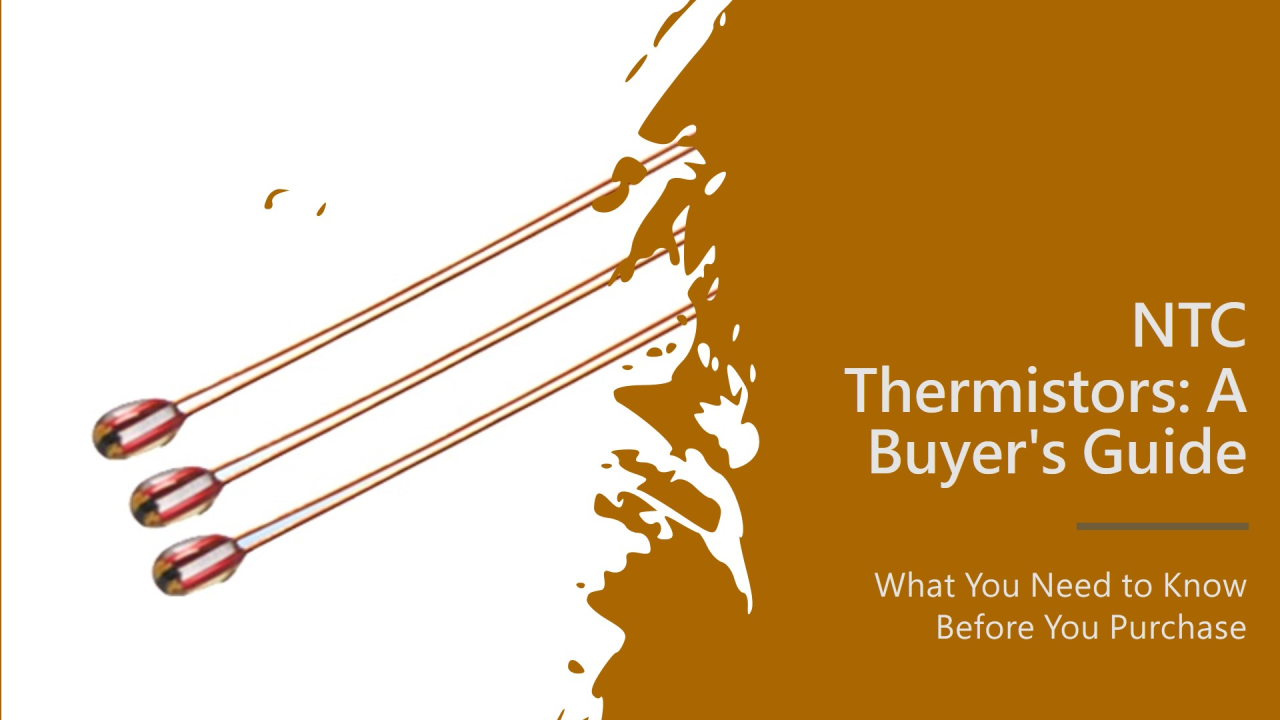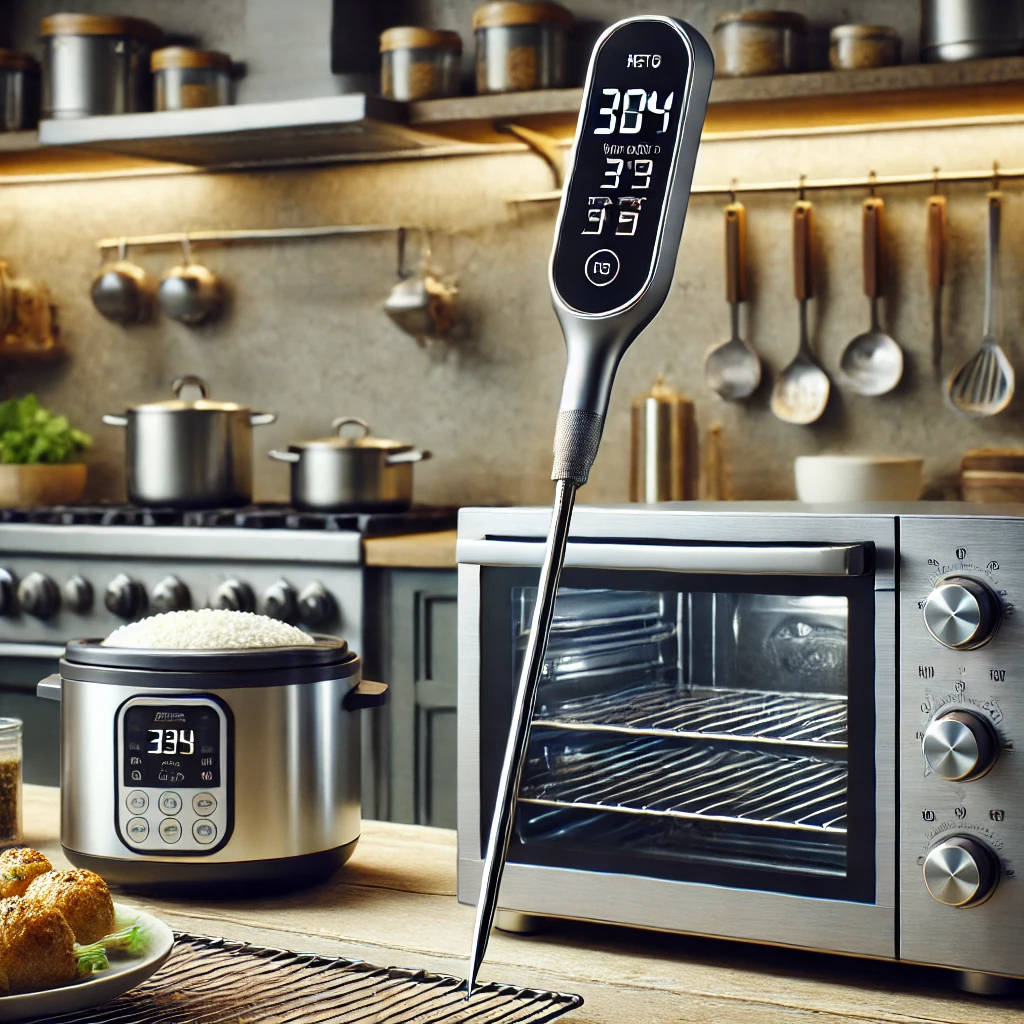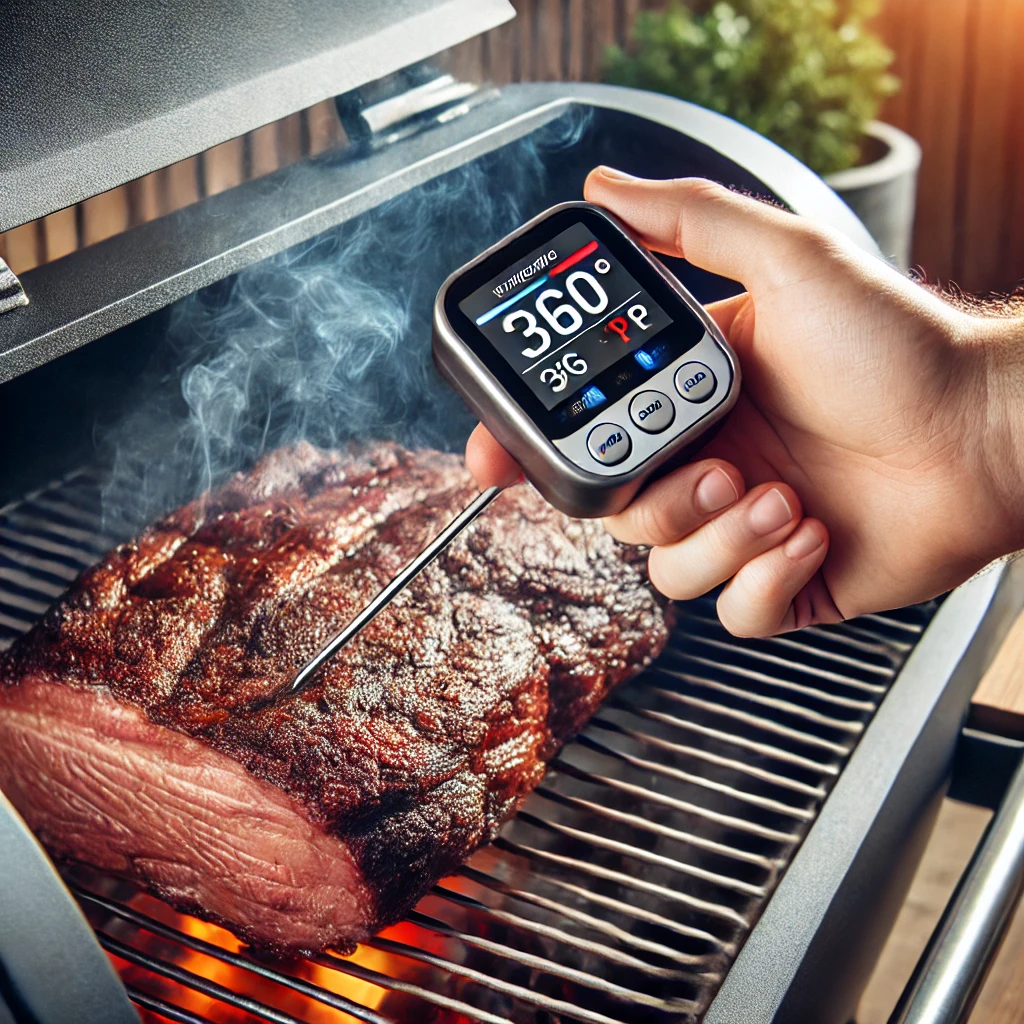
Mastering the Art of Cooking with Smart Meat Thermometers
Imagine dedicating your entire day to preparing the perfect holiday feast, only to discover that the star of your meal—the roast—is either overcooked or underdone. It’s a common culinary mishap that can turn a festive gathering into a food disaster. This is where smart meat thermometers with wireless Bluetooth connectivity step in, revolutionizing how we cook and ensuring that every bite is flawless. The Importance of Precision in Cooking From Guesswork to Science Gone are the days of relying on intuition or sticking a finger near the heat source to judge if the meat is done. Smart meat thermometers equipped










